CAS
Columbia River
2014-2015
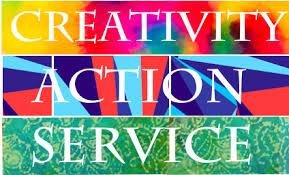

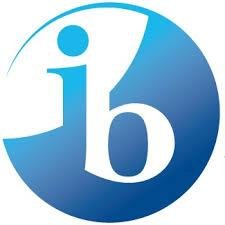
What is CAS?
Page 4-5 of Handbook
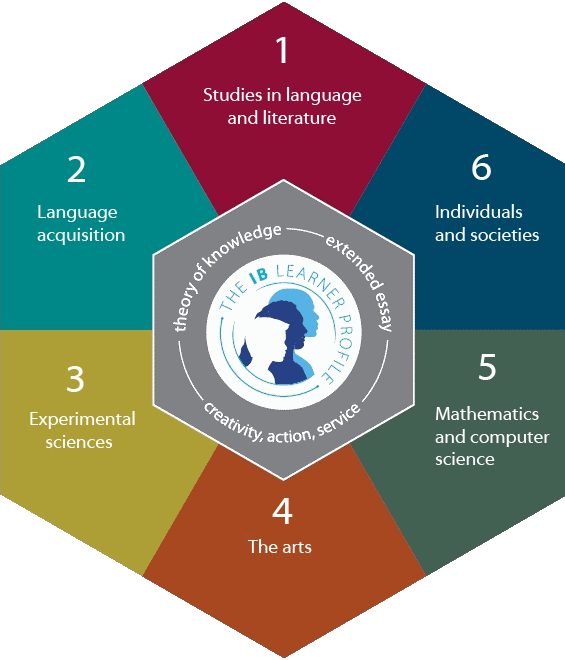
-
real, purposeful activities, with significant outcomes
-
personal challenge—tasks must extend the student and be achievable in scope
-
thoughtful consideration, such as planning, reviewing progress, reporting
-
reflection on outcomes and personal learning
what is not cas?
Page 6 in your handbook.

Creativity
This aspect of CAS is interpreted as imaginatively as possible to cover a wide range of arts and other activities outside the normal curriculum, which include creative thinking in the design and carrying out of service projects. This could involve doing dance, theater, music, or it could involve taking on a leadership role and designing a service project. Students should try to be involved in-group activities, and especially in new roles, wherever possible; however, individual commitment to learning an art form IS allowed, where it respects the requirements for all CAS activities:
- that goals are set, and
- the student reflects on progress
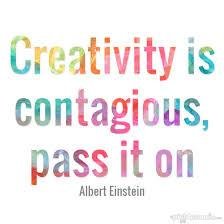
Action
This aspect of CAS can include participation in expeditions, individual and team sports, and physical activities outside of the normal curriculum; it also includes physical activity involved in carrying out creative and service projects. Action may involve participation in sport or other activities requiring physical exertion – such as expeditions, camping trips, or digging trenches for water, etc. Again, students are encouraged towards group and team activities, and undertaking new roles, but an individual commitment is acceptable where the general requirements of CAS are met:
- that goals are set, and
- student reflects on progress
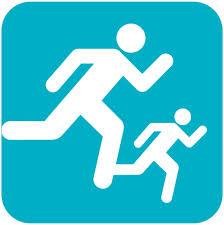

Service
Service involves interaction, such as the building of links with individuals or groups in the community. The community may be the school, the local district, or it may exist on national and international levels (such as undertaking projects of assistance in a developing country).
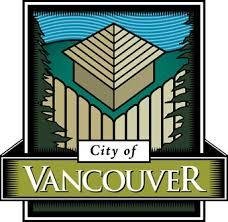

Service activities should not only involve doing things for others but also doing things with others and developing a real commitment with them. The relationship should therefore show respect for the dignity and self-respect of others.
Key terms
- Adviser/Mentor: The person who will approve your activities, listen/read your reflections, and give you personalized advice/guidance
- Supervisor: The adult (not a relative) who will validate and evaluate your activity and performance after you have successfully completed the activity AND successfully reflected on your experience.
- Learning Outcomes: What you hope to learn from your activity/experience
advisers
-
Help students to identify personal and social goals
-
Monitor the range and balance of activities undertaken by individual students
-
Develop students’ powers of reflection through group discussion and individual consultation
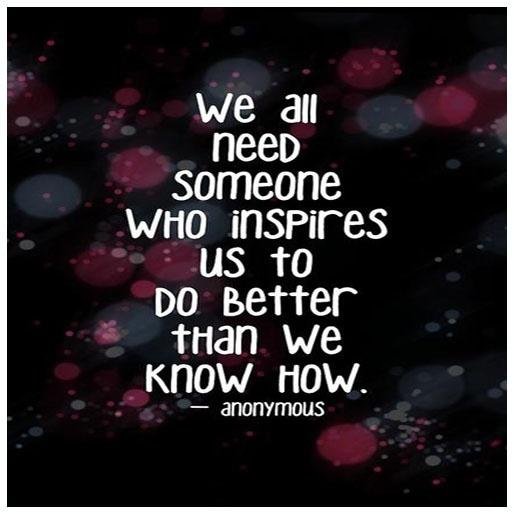
advisers
-
Support students in their consideration of ethical concerns
-
Listen/read and respond to reflections
-
Help students to make connections (for example, CAS activity to subject learning, local activity to global concerns, and to look for generalizable understandings.

the process!
- You (student) creates an activity via Managebac. Your adviser must approve an activity via Managebac before you begin the activity (*typically )
- Student completes the activity
- Student adds evidence to Managebac: pictures, videos, artwork, written reflection, ect.
- Student reflects orally during Pride Time (or written- November and March only).
- Rubric is stored as evidence of reflection by Silbernagel.
- If the reflection is satisfactory, student sends the supervisor of the activity an evaluation (via Managebac). At this point, the student is "locked out" of editing or adding to the activity.
- Activity is complete once the supervisor completes the review via Managebac.
Approval!
Pages 13-14 and 20-21 in Handbook

learning outcomes
*Requirement for River: Show evidence of meeting each learning outcome three times.
AND
18 continual months of activity
Page 7-8 in Handbook

reflections
pages 9-11
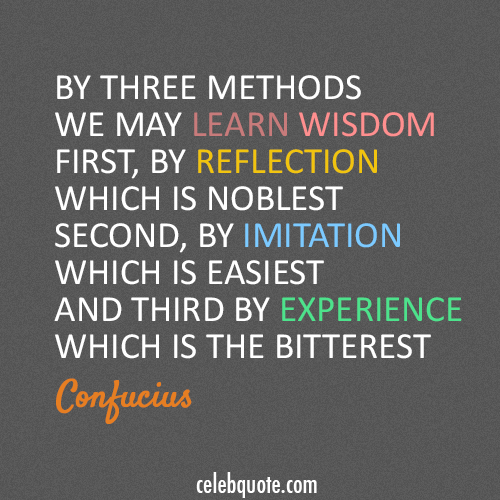
How you can reflect:
- Orally during "Pride Time" (calendar on page 12)
- Written Reflection via Managebac
- You will need to reflect on each activity or, for longer activities, one reflection every 10 hours of the activity.
- Not done with your activity when "Pride Time" rolls around? No problem, but be sure to communicate where you are at in the process and to communicate when/how you will reflect with your adviser.
Reflection expectations
- You must have a prepared reflection (oral or written) for each activity (typically during Pride Time)
- Specific and Thoughtful
- You must communicate what learning outcome(s) you intended to reach, if you were successful in reaching the learning outcome(s), and if not, what you will do in future- i.e. what did you learn about yourself, those you interacted with, the community, or any other moments of enlightenment.
Some Due Dates
Calender on page 12
- 9/22: Personal Inventory (pg 16)
- *Remember, your adviser is volunteering their time to work with us. Don't send the wrong message by turning work in late or not turning it in at all.
- 10/13: Checklist (pg 17) and CAS plan (pg 18-19)
conduct
This format for CAS only works if all stakeholders (adviser and students) respect each other and remain confidential.
As a CAS community we will not tolerate gossip or negativity. It is expected you will not share what people reflect upon or discuss during any CAS related meetings or activities.

What will pride time look like?
- This Monday we will all meet in the forum promptly at 9:00 AM.
- You will meet with your adviser and CAS group.
- Introduce yourself
- Give your adviser your thoughtfully completed "Personal Inventory" (pg 16)
- Decide with your adviser where you will meet during future Pride Times
- Orally reflect on the "Kick Off to CAS" activity
cas project
- Must be student initiated
- Must include two of the three CAS strands (Creativity, Action, Service)
- Must be of significant duration
- Must include collaboration
- Ideally, completed towards the end of the junior year.
- At least 3 reflections: pre, mid point, post
The CAS project is in addition to the typical CAS activities. Ideally, a CAS activity would inspire the CAS project. The main requirements are listed below:

Managebac!
CAS Student Presentation
By shantels
CAS Student Presentation
- 965



